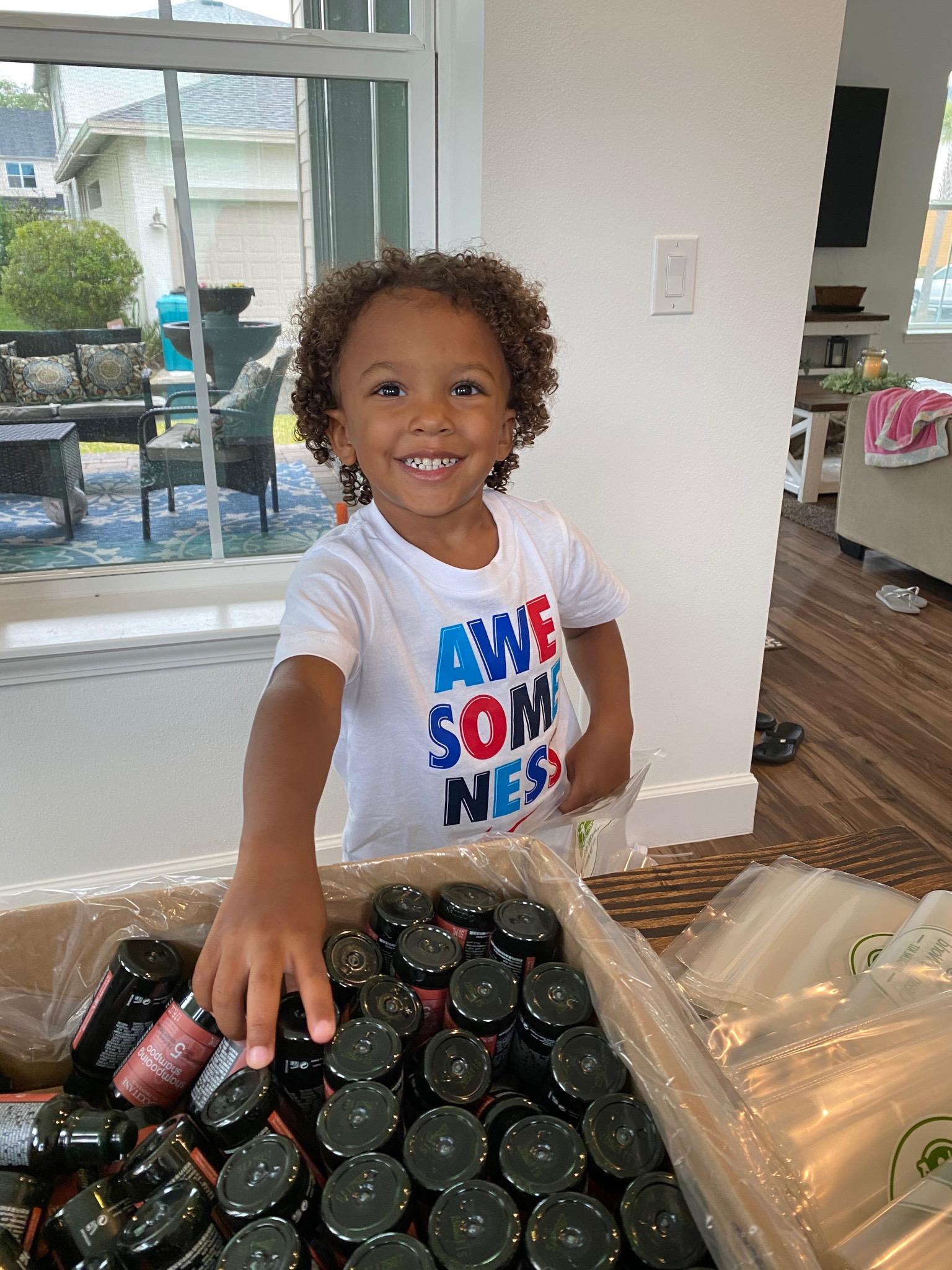3 Fun Ways To Teach Your Children About Giving Back During the Holidays
By Penny File
Few things rival the excitement of the holidays for kids, but the holiday season also can be an opportunity to teach children the importance of giving as well as receiving.
A recent study shows young children have a natural inclination to share with other kids. The trick for parents is to nurture that tendency so it will become a lifetime habit that can be rewarding – and fun.
Here are three ways to do just that:
How To Teach Your Children to be Generous
1. Be a Role Model

Young children are more likely to develop generosity if they see their parents and siblings doing the same, but it’s crucial they actually see acts of giving.
You may write checks regularly to charities, but young children don’t have a concept of money. They need to witness basic acts of generosity. One way to start is by encouraging them to share treats or toys with playmates.
You also can let your children participate in the fun of wrapping presents for the holidays. Wrapping a gift for Grandma will resonate with them. Buying a toy for someone less privileged and then wrapping it will teach them the joy of giving.
Involve your children in giving activities. Make it a family tradition to gather cans for a food drive or drop off clothing and other items at a community outreach center.
2. Think Outside the Gift Box
Presenting a wrapped present during the holidays and on birthdays is the most tangible form of giving, but it’s not the only one. Teach your children that there are many other ways to be generous. Giving also includes helping others when they need it.
Giving back can take the form of volunteering in food lines, or pitching in at an animal shelter. Instead of buying gifts for their elderly relatives and neighbors, your children can help by mowing lawns. They can also gather plant clippings and pot some house plants to give as gifts. Go a step further and create a toyarium for a child this holiday.
These are just a few excellent ways your children can give back without spending a lot of money.
Helping out relatives and neighbors can be especially meaningful during the current pandemic when people are restricted in where they can go and what they can do. By beautifying someone’s landscape, you give them an opportunity to enjoy the fresh air.
Stay safe and germ-free. You also can encourage your children to help others reduce their risk of contracting coronavirus by building hygiene kits to share with others. Not only will putting together these gift baskets be enjoyable, but it will give your children a sense of making a difference .
3. Don’t Equate Giving with Buying

Americans are bombarded with advertising, especially during the holiday season. Teach your little ones, teens, and tweens that giving is not just about things that can be purchased.
Encourage your children to use their arts or crafts skills to make presents. Many times these will be more appreciated and stay meaningful much longer than things that are bought and given based on the latest trends.
For example, gadgets and styles have a limited shelf life. A picture, a handcrafted sculpture, or an heirloom, on the other hand, may last forever.
Show and Tell: Explain why you are giving
It’s important to point out the needs of others, but it’s also essential to share how giving makes you feel – that being generous makes you feel good or proud or gives you a sense of accomplishment.
Praise your kids when they demonstrate generosity and – this really resonates – be generous with them. Occasional unexpected treats or gifts from you show them your generosity goes beyond holidays and birthdays.
All children go through developmental stages, so it’s important for parents to be patient and watchful of changes in attitudes. Leading through example and maintaining a household where giving is routine can create a spirit of generosity in your children that will last a lifetime.
Penny File is a counselor who works with the families of military personnel who have either lost a member to the service or who are learning how to cope with life during the deployment. She is also a published author who writes for a number of military journals







